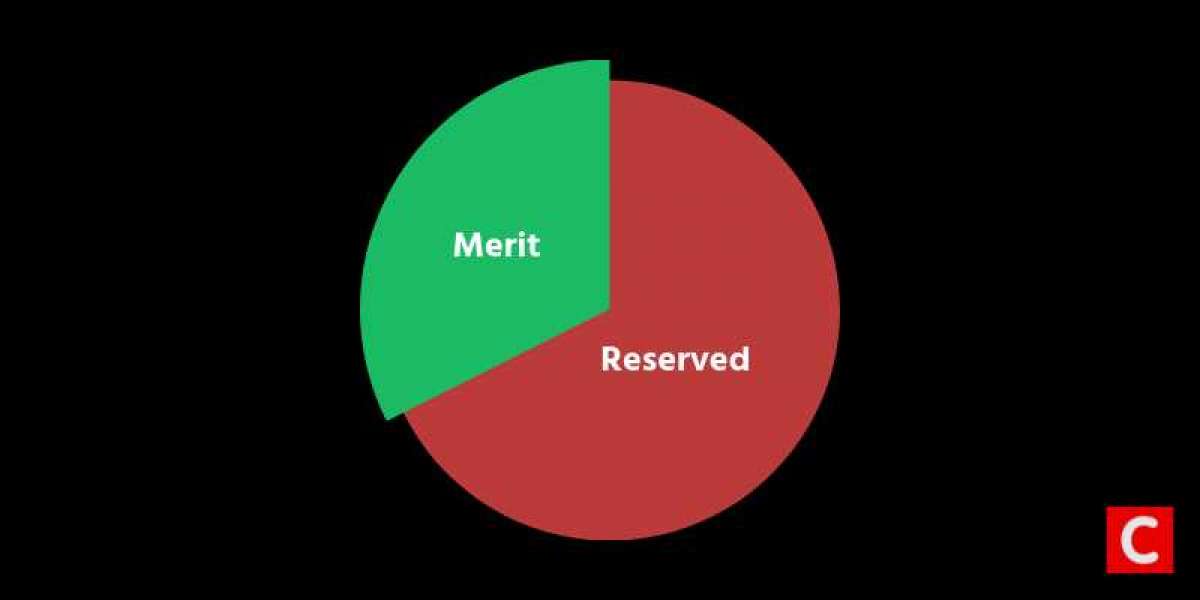Reservations on the basis of caste in India is an issue on which every Indian has a different opinion. For some, it is a tool for equality and for others, it is a provision being misused for political reasons and depriving others of opportunities for all. It is enshrined in Article 15 and 16 of the Indian Constitution, it allows the Indian Government to set quotas to ensure any “socially and educationally backward classes of citizens” is properly represented in public life. The history of reservation dates back to the caste system in India which was back then known as ' Varna System.’ This system divides Hindus into rigid hierarchical groups based on their work. The four main categories are Brahmins, Kshatriyas, Vaishyas, Shudras. For centuries caste has played a very crucial role in every aspect of Hindu religious and social life with each group occupying a specific place in this complex system. The system bestowed many privileges on the upper caste while sanctioning repression of the lower castes by privileged groups. According to some texts, several centuries later during the Gupta period, Brahmins were given certain facilities that the other variants were denied. The basic motto of the caste system was to categorize people according to their work which they will pass on to their next generation but eventually over the period of time it became aggressive, the basic concept got vanished and people started moulding it for their benefits. The essence was lost the caste system in India became a huge facade which eventually cost lower caste people a sense of shame and oppression from basic human rights.
After the independence of India in 1947 there was some major initiative in favour of the SC, ST and after the 1980s in favour of OBC's. The country's affirmative action program was launched in 1950 and is the oldest search program in the world. There was these provision made to reserve around 22% of the seats in educational and government jobs for lower castes. The lawmakers did it with an intention to uplift the socially marginalised class which also includes the tribals but with the passage of time, it raised several problems and serious concerns.
One of the biggest problems with the system is that anyone from the reserved section can take admission and jobs regardless of their merit as compared to other sections. This jeopardizes the quality of education and industry. As people are getting privileges only on the basis of castes and skills are ignored. In the 21st century, it is quite debatable if the caste of a person even forms a reasonable basis for reservation in government jobs and colleges. If we see the pattern many people from reserved caste have stepped up the social ladder and are now on equal footing with the general population. On the contrary, many people from the upper caste are still suffering from poverty and illiteracy. For sure, the caste-based reservation cannot be claimed to be completely relevant as even in today's time lower caste is exploited and discriminated against after 62 years of the abolishment of untouchability as it is evident in the case of Rohith Vemula. But if we see the larger picture the country it needs a better system of reservation which includes the poor and backward groups and excludes the rich and dominating section among all castes. One of the best examples of the demerits of the caste system is from the state of Rajasthan where many candidates got selected by the scoring in negative, these teachers were not even able to score zero marks and are teaching maths and science in the government school and colleges just because they belong to a reserved caste. Even for the top engineering colleges students with an unreserved class have to score 4 times as compared to the reserved class student. This disparity is killing the young gifted brains and prefers students just on the basis of their caste. In competitive exams like CLAT and IIT's exams which are considered as a gateway for entering top NLU's and country’s top engineering colleges, the cutoff for the unreserved category is twice to the reserved category students. This is a prominent reason why many of the meretricious compatible students are not able to take admissions in the top colleges of the country. This trend reciprocates in the jobs and also in some contractual services.
Now, what is the solution of this rigid system which is often used by political parties for votes? They considered this as a tool to gain votes from reserved classes. The implementation of this system is so wrong that many deserving talents just never get recognition. High-rank official families high-income professional and other above a certain income should not get the reservation benefit, especially in the government jobs. Fair and practical ways to help a needy person from each community through reservation is possible and necessary. Also, evolutionary changes in the education system in the Grass root level is the need of the hour. The radical solution like excluding the entire creamy layer among all the castes from the reservation and developing their capability instead of offering them reservation for admission to higher education or jobs on a platter.







